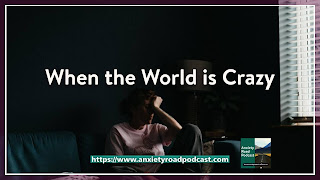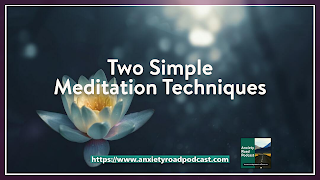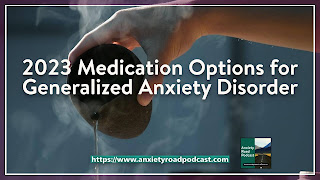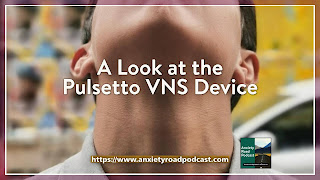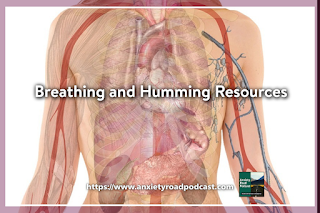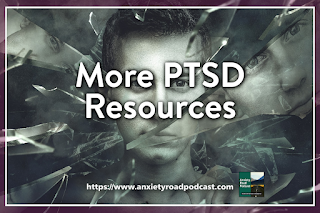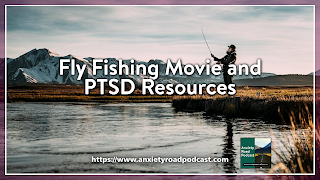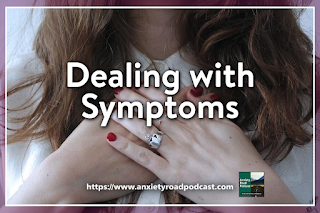So in this episode I wanted to put a bit more context as to why sucking sour candy could work to stop panic attacks. Or not. Or not for the long term.
Here is how it started. I have news feeds for anxiety. This story popped up.
Delish is a food recipe and kitchen gadget website. I've seen videos on YouTube. I was confused when I saw the story about sour candy and panic attacks.
It didn't match their usual beat. Sometime that can lead to good stuff. Like a fishing website that reviews a movie about Vets, fishing and PTSD.
It isn't an instant reject for me unless it is one of those way past NC-17 websites, but my radar is on high alert.
Publisher these days they need to draw people to the website. Delish saw a fit with there mission. They did have a series called Suck It Up. They would ask celebrities questions and if they refused to answer they would have to eat an increasing strong sour candy.
So this was in the Delish wheelhouse. Kinda. They got the story from Tik Tok.
USA Today did a story with more info from mental health professionals. That is how Delish found out about it.
As far as our neck of the woods is concern, this could be thought of as a form of grounding or interrupting the signals that generated the panic attack.
There are a lot of them. It is not treatment.
Nope. Not at all.
But it might give you time to breath, get out of the room or recalibrate.
So in this episode I wanted to put a bit more context as to why it could work and how there are limits to how effective it can be.
If you need support contact the National Suicide Prevention Lifeline at 988 or 1-800-273-8255, the Trevor Project at 1-866-488-7386 or text “START” to 741-741.
Resources Mentioned:
Anxiety and Stress Disorders and a guide on
Stress Management from Harvard Health Publications.
Tips to Manage Your Stress and Anxiety from ADAA.org
The company that produces Warheads is called
Impact Confections. You can get an idea of some of their candy products. This is not an endorsement, there are other companies that have sour and extreme sour candies and drinks.
Disclaimer:
Links to other sites are provided for information purposes only and do not constitute endorsements.
Always seek the advice of a qualified health provider with questions you may have regarding a medical or mental health disorder.
This blog and podcast is intended for informational and educational purposes only. Nothing in this program is intended to be a substitute for professional psychological, psychiatric or medical advice, diagnosis, or treatment.






